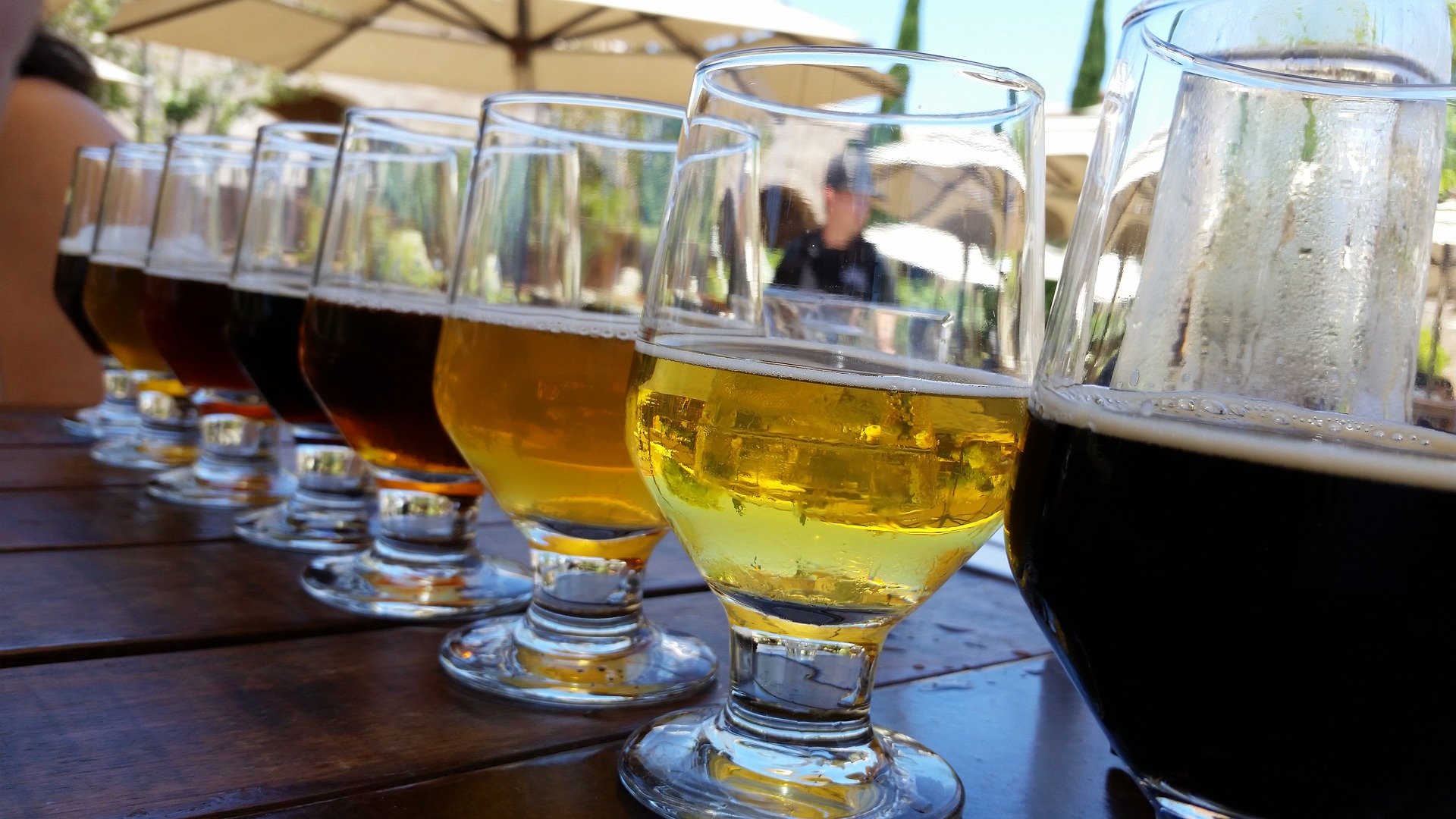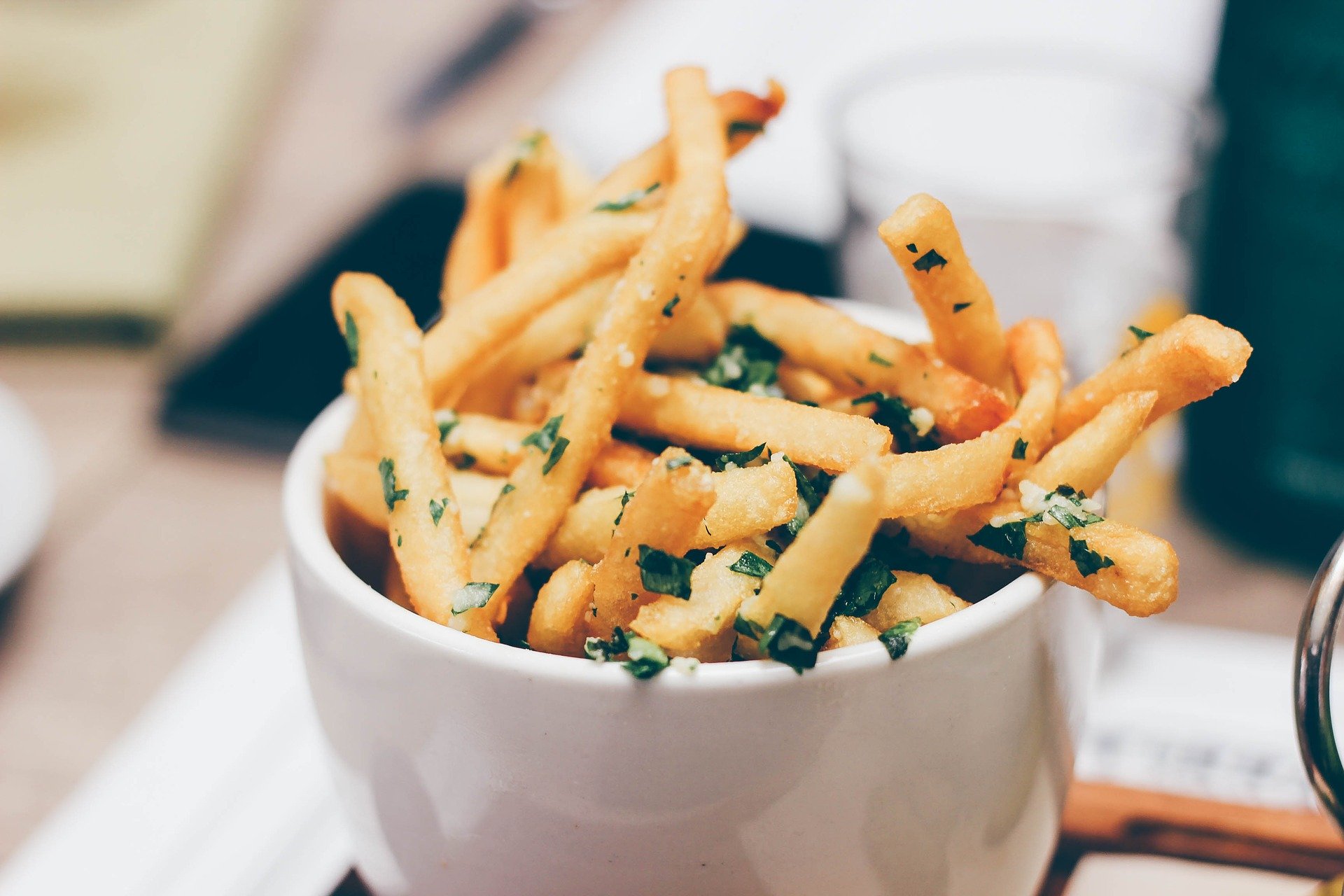V4NA overview: Eat local! - Part II
As the coronavirus pandemic is posing a challenge to certain economies, national sentiments and demand for domestic products have intensified, and campaigns promoting all that have become more vibrant. In Part 2 of its summary, V4NA reveals how Germany and Austria are trying to help their producers, and how Belgian breweries are supported.
Austria: government supports domestic producers
In Austria, food industry is among the five sectors that generate the highest revenue. More than 220 food industry enterprises employ about 27,000 people. On Tuesday, Chancellor Sebastian Kurz, Agriculture Minister Elisabeth Kostinger and the leaders of Austrian food industry organisations met to discuss boosting the sales of domestic products and the Austrian food industry. „Food security has always been evident for Austrians but the pandemic has also highlighted the weaknesses of the global supply chain,” Elisabeth Kostinger said, adding that the government should support regional small farmers. The minister pointed out that close cooperation is needed between producers, food-processing companies, retailers and restaurants. A „clear commitment” to using domestic raw materials is also essential.
Kostinger revealed that the Austrian government would prioritise domestic vegetables, fruits and other products in the public procurements on nursery and schools meals. The government will provide help in the coordination of procurements and in guaranteeing authenticity through the quality label of AMA (Agrarmarkt Austria). Frank Hensel, vice president of the Austrian Retail Association, said that „it is more important than ever to decrease Austria s dependency on food import.”
Chancellor Sebastian Kurz has campaigned for the consumption of domestic products on Twitter. He asked people to buy and consume products made in Austria to boost the economy.
Meine Bitte an alle Österreicherinnen & Österreicher: Konsumieren Sie & kaufen Sie möglichst regional & konsumieren Sie auch in den österreichischen Wirtshäusern.
— Sebastian Kurz (@sebastiankurz) May 11, 2020
Germany: many enterprises, few subsidies
On the issue of handling coronavirus, Chancellor Angela Merkel believes in slow, gradual opening. At the meeting of the Bundestag on Wednesday, she said that „we should not risk the results that we have achieved.”
„We have not accepted all the previously unthinkable restrictions on our lives — including temporary restrictions on our rights — only to risk a relapse now.”
Angela #Merkel
German Chancellor— Angela Merkel (Offiziell inoffiziell) (@amerkel57) May 13, 2020
Pressured by regional leaders, Merkel agreed to open Germany s borders to Austria from 15 June. However, they are not yet ready to launch targeted national campaigns on promoting certain products. All federal states have established so-called corona funds to ease the effect of the pandemic on German enterprises and small farmers. However, state funding is designed for enterprises in general, and rarely for small farmers, German agricultural news outlet Agrarheute.de reports.
Bavaria was the first German federal state to set up a corona fund in March. For micro-enterprises, the amount of the subsidy is 5,000 euros, while for those having ten employees it is 7,500 euros. Enterprises with a maximum of ten employees could apply for a one-time emergency aid of 15,000 euros. Agricultural enterprises with 10-250 employees may apply for a special subsidy of maximum 50,000 euros in Bavaria.

Bavarian breweries are having an increasingly hard time. As restaurants have been closed for two months and festivals were banned, they had to store their inventories, and the beer is feared to deteriorate. There are 650 family breweries operating in Bavaria. For them, the 7,500-15,000 euro state aid is a drop in the bucket, half of them will not be able to survive the crisis.
Baden-Württemberg helps agricultural enterprises with a one-time non-refundable subsidy. Micro-enterprises with a maximum of five employees can apply for 9,000 euros while those having a staff of ten can get 15,000 euros from the state budget. Agricultural or other companies with 11-50 employees are eligible for 30,000 euros while bigger companies may apply for a maximum of 50,000 euros. North Rhine-Westphalia, known for its white wines and cheeses, allocated one billion euros for helping enterprises. In the region, agricultural enterprises can apply for targeted loans at two regional banks and they can delay the payment of taxes and social security contributions to be paid after employees.
Belgium: battered breweries, potato oversupply
The main products in the Belgian food industry are chocolate and beer. More than 300 breweries, a relatively high number compared to the area of Belgium, operate in the country which includes monastery breweries with traditions dating back many centuries. The shutdown of restaurants between mid-March and 11 May caused a 20-25% gap in the revenues to breweries in March. In April, the income loss was even higher, 75-80 per cent, so breweries had to come up with creative solutions to boost sales. In Brussels, several family-owned breweries cooperated to organise a bicycle courier service to offer beer home delivery.
The good news for Belgian beer lovers is that the Trappist monks in Westvleteren, West Flanders, are to resume selling their world-famous beer on Thursday, which was terminated at the end of March. For the time being, the purchase can only be made in person at the abbey (obeying the social distancing rules) or by online bank transfer, and a maximum of three cases of beer can be ordered at a time. The product of the Trappist monks has been voted the best beer in the world by readers of RateBeer.com, a trade portal for beer-lovers, several times.

One of Belgium s most distinctive foods, fries, has also been put at risk by the epidemic, so now the potato grower federation (Belgapom) is asking the population to eat fries at least twice a week, as there is an insane amount of 750,000 tons of potatoes in Belgian warehouses. If consumption does not increase, it is feared that thousands of tons of potatoes will have to be destroyed.
The secretary general of the Belgian potato grower federation Belgapom has called on Belgians to eat their beloved frites twice a week to help deplete the surplus of 750,000 tons of potatoes that has built up because of the coronavirus.https://t.co/Mv9gh016yz
— James Crisp (@JamesCrisp6) April 24, 2020
Romain Cools, Secretary General of Belgapom, said they were also trying to prevent waste through charity, as the association would donate 25 tons of potatoes every week until the end of May to Flemish food banks, who would distribute it to those in need, the Brussels Times reports.
Tags:

